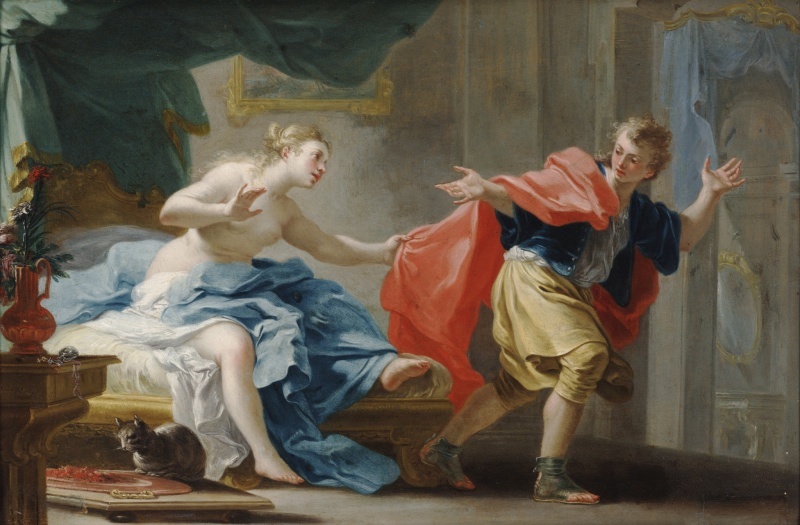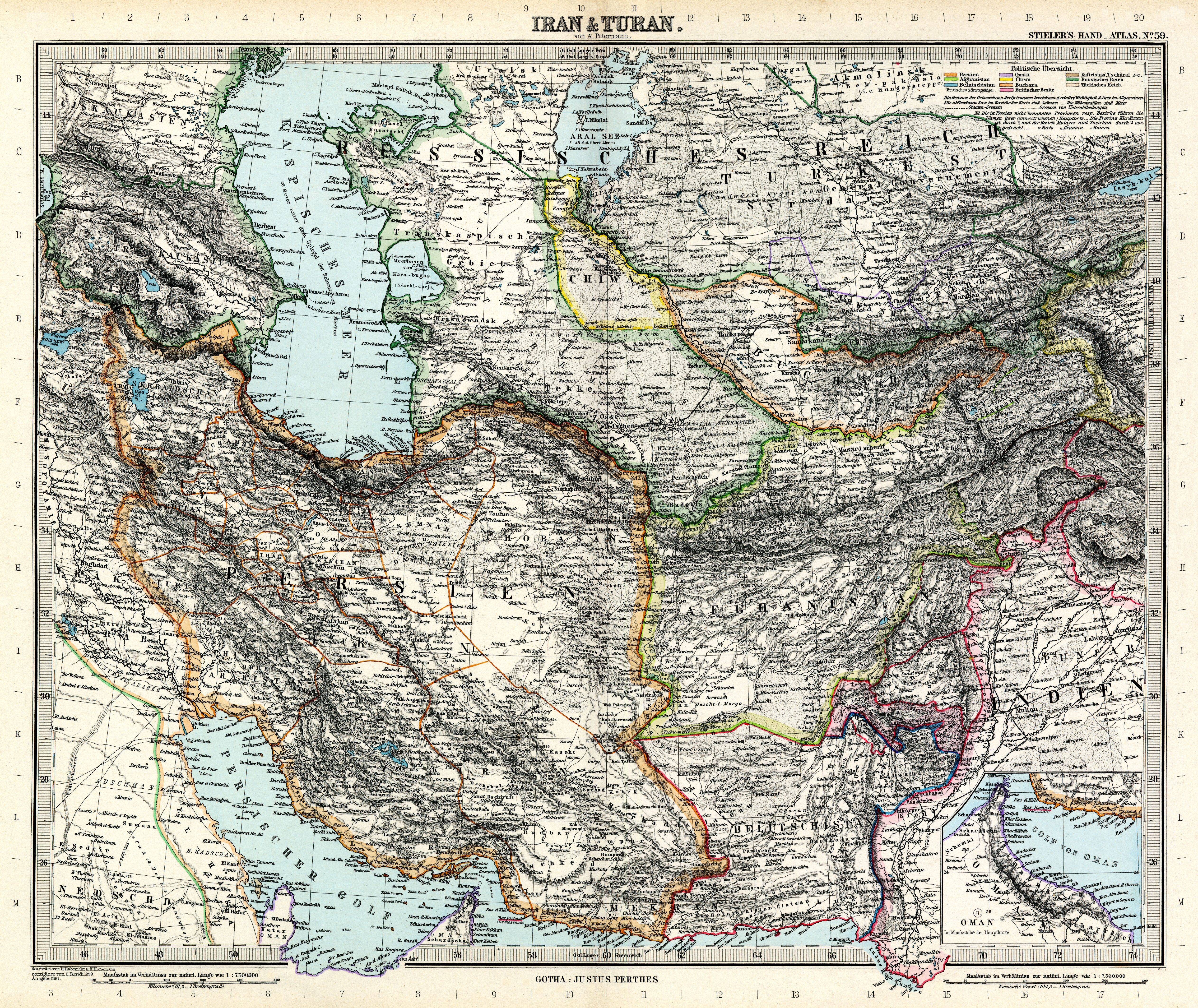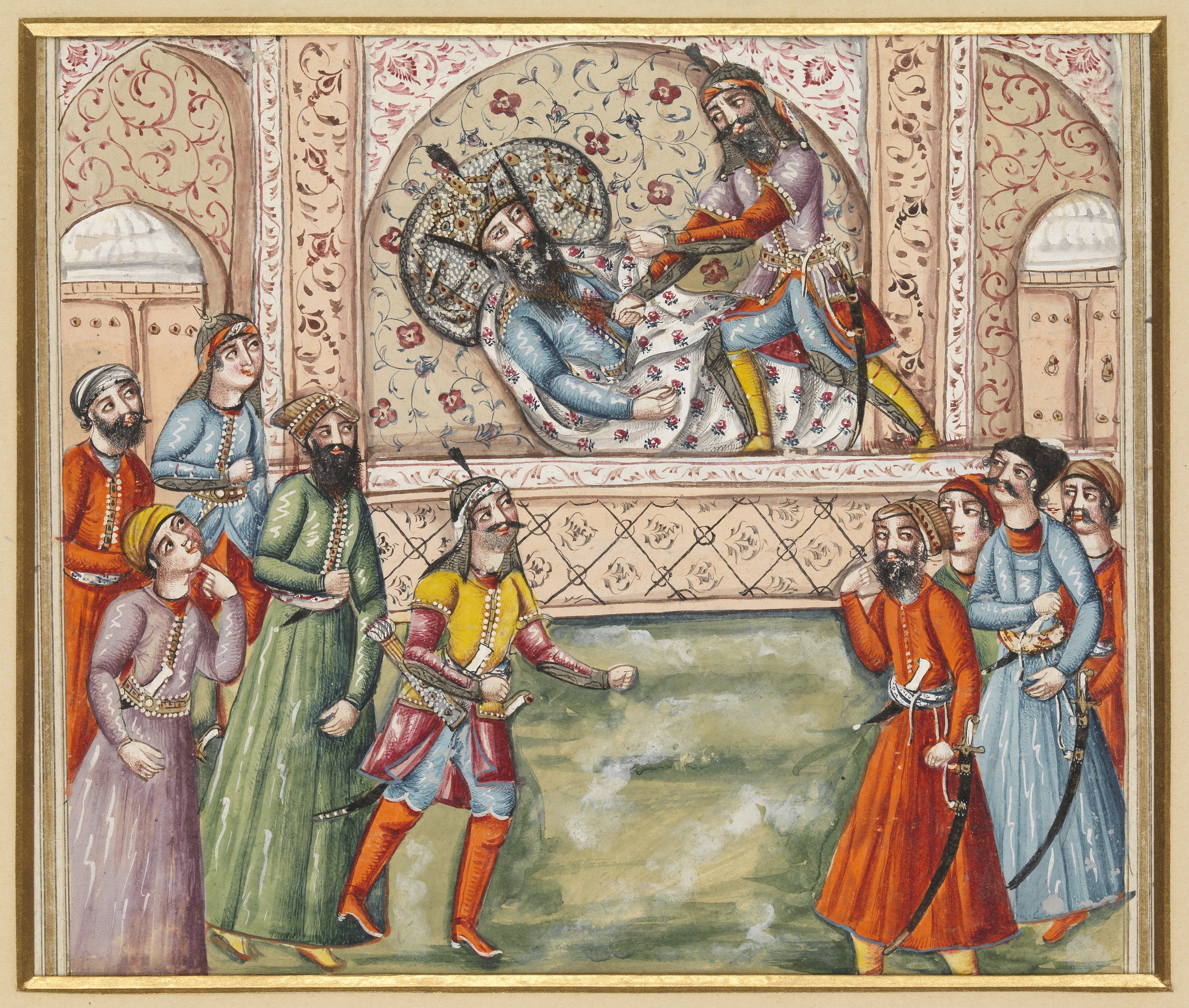|
Sudabeh
Sudabeh or Sodaba ( fa, سودابه) is a character in the Persian epic ''Shahnameh''. She was princess of Hamavaran kingdom and later, becomes the wife of Kay Kāvus, King of Iran, and stepmother to prince Siyavash. The Story of Sudabeh According to Shahnamah, a man from Syria and Egypt started a rebellion against Kay Kāvus. During that time Kay Kāvus was in Sistan. After he heard about the rebellion, he prepared an army and went through the sea to stop the rebellion. He reached a place where Hamavaran (identified as the land of Himyar) was in front of him and the sea was behind it. Egypt was in his left while Barbarstan (probably Sudan or Somalia) was in his right. He was confronted by the king of Hamavaran, in Arab traditions, the king of Hamavaran was Dhul-Adhar. The king of Hamavaran surrendered and made an agreement with Kay Kāvus to obey his orders and to send him gold but only if Kay Kāvus went out of the land of Hamavaran. Kay Kāvus agreed and returned to Iran. ... [...More Info...] [...Related Items...] OR: [Wikipedia] [Google] [Baidu] |
Shahnameh Characters
Here is a list of characters represented in the Persian epic poem '' Shāhnāmeh'' by Ferdowsi, including both heroes and villains : A * Arash * Afrasiab * Abteen * Arnavaz * Armin * Arman B * Babak * Bārbad * Bizhan * Bahram * Bahman * Borzou * Bijan * Behzad E * Esfandyar F *Faramarz *Faranak *Farangis *Fereydun *Farhad G * Garshasp * Ghaaran * Ghobad * Giv * Goodarz * Gordafarid * Garsivaz * Giti H * Haftvad * Hushang I * Īrāj * Iskandar J * Jamshid K * Kaveh the blacksmith * Kai Khosrow * Keshvad * Keyumars * Kai Kavoos * Katayoun * Kasra * kamus * Kianoosh M * Manuchehr * Manijeh * Mardas * Mehrab Kaboli * Mehran N * Nariman *Nowzar Q * Qaydafeh R * Rakhsh * Roham * Rostam * Rostam Farrokhzād * Rudaba S * Saam * Salm * Sasan * Sekandar * Sarv * Shaghad * Shahran Goraz * Shahrasb * Shahrnaz * Shahzreh * Shirin * Simurgh * Siamak * Siyâvash * Sohrab * Sudabeh T * Tahmina * Tahmoores * Tur Z * ... [...More Info...] [...Related Items...] OR: [Wikipedia] [Google] [Baidu] |
Shahnameh
The ''Shahnameh'' or ''Shahnama'' ( fa, شاهنامه, Šāhnāme, lit=The Book of Kings, ) is a long epic poem written by the Persian poet Ferdowsi between c. 977 and 1010 CE and is the national epic of Greater Iran. Consisting of some 50,000 "distichs" or couplets (two-line verses), the ''Shahnameh'' is one of the world's longest epic poems. It tells mainly the mythical and to some extent the historical past of the Persian Empire from the creation of the world until the Muslim conquest in the seventh century. Iran, Azerbaijan, Afghanistan, Tajikistan and the greater region influenced by Persian culture such as Armenia, Dagestan, Georgia, Turkey, Turkmenistan and Uzbekistan celebrate this national epic. The work is of central importance in Persian culture and Persian language, regarded as a literary masterpiece, and definitive of the ethno-national cultural identity of Iran. It is also important to the contemporary adherents of Zoroastrianism, in that it traces the historical ... [...More Info...] [...Related Items...] OR: [Wikipedia] [Google] [Baidu] |
Women In Shahnameh
There are many queens, princesses, heroines and witches in Ferdowsi's ''Shahnameh'' (Book of Kings), from the Iran, Turan, the Roman Empire, China, India etc. List of Women in the ''Shahnameh'' * Arezo, daughter of Mahyar * Arezo, wife of Salm * Azadeh, the lover of Bahram V Gor * Azarmidokht, Queen of Queens of Iran * Arnavāz, wife of Zahak and later of Freydon * Spanoy, a Turanian princess * Banou of Gazor * Banou of Gordoye * Banou of Mahbod * Boran, Queen of Queens of Iran * Beh-Afarid, daughter of Kay Vishtasp * Tahmina, mother of Sohrab and wife of Rustam * Jarireh, the first wife of Siyavash * Jamag, sister of Jamshid * Rudaba, wife of Zal and the mother of Rustam * Spinvad, an Indian princess and lover of Bahram V Gor * Sudabeh, wife of Kay Kavus * Sahi, wife of Iraj * Sindukht, grandmother of Rustam * Shahrnāz, daughter of Jamshid, wife of Zahak and Freydon * Faranak Farānak ( fa, فَرانَک) is a female character in the Persian epic ''Shahnameh''. She is ma ... [...More Info...] [...Related Items...] OR: [Wikipedia] [Google] [Baidu] |
Potiphar's Wife
Potiphar's wife is a figure in the Hebrew Bible and the Quran. She was the wife of Potiphar, the captain of Pharaoh's guard in the time of Jacob and his twelve sons. According to the Book of Genesis, she falsely accused Joseph of attempted rape after he rejected her sexual advances, resulting in his imprisonment. In Genesis she is given no name, but in later medieval Jewish sources and Islamic tradition, she is identified as Zuleikha ( ''zoo-LAY-kah''; ; ar, زُلَيْخَا, translit=zulayḵā). The story of Yusuf and Zulaikha is a popular one in Islamic literature. In Genesis The BibleGenesis 39:5-20 narrates her treatment of Joseph, slave to her husband Potiphar: In Quran The Quran narrates the wife of Aziz’s treatment of Yusuf as follows: Interpretation In Jewish sources Jewish commentators also see some good motives in her actions. A story about Zuleikha is told in Sefer haYashar, where she was mocked by other aristocratic Egyptian ladies, her ... [...More Info...] [...Related Items...] OR: [Wikipedia] [Google] [Baidu] |
Ferdowsi
Abul-Qâsem Ferdowsi Tusi ( fa, ; 940 – 1019/1025 CE), also Firdawsi or Ferdowsi (), was a Persians, Persian poet and the author of ''Shahnameh'' ("Book of Kings"), which is one of the world's longest epic poetry, epic poems created by a single poet, and the greatest epic of Persian-speaking people, Persian-speaking countries. Ferdowsi is celebrated as one of the most influential figures of Persian literature and one of the greatest in the history of literature. Name Except for his kunya (Arabic), kunya ( – ) and his laqab ( – ''Ferdowsī'', meaning 'Paradise, paradisic'), nothing is known with any certainty about his full name. From an early period on, he has been referred to by different additional names and titles, the most common one being / ("philosopher"). Based on this, his full name is given in Persian language, Persian sources as / . Due to the non-standardized transliteration from Persian alphabet, Persian into English language, English, different spellings ... [...More Info...] [...Related Items...] OR: [Wikipedia] [Google] [Baidu] |
Zabol (Shahnameh)
Zabulistan ( fa, زابلستان ''Zābulistān''/''Zābolistān''/''Zāwulistān'' or simply ''Zābul'', ps, زابل ''Zābəl''), was a historical region in southern Afghanistan roughly corresponding to the modern provinces of Zabul and Ghazni. Following the Ghaznavid rule (977–1186), "Zabul" became largely synonymous with the name of its capital and main city, Ghazni. By the tenth century, Islamic sources mention Zabulistan as part of the ''Khorasan marches'', a frontier region between Khorasan and India. In the Tarikh-i Sistan, finished around 1062 CE, the author regards Zabul as part of the land of Sistan, stretching from the Hamun Oasis all the way to the Indus River. Today, the modern Afghan province of Zabul and the Iranian city Zabol take their names from the historical region. Zabulistan has become popularized as the birthplace of the character Rostam of Ferdowsi's Shahnameh, in which the word "Zabulistan" is used interchangeably with "Sistan", which was a ... [...More Info...] [...Related Items...] OR: [Wikipedia] [Google] [Baidu] |
Turan (Shahnameh)
Turan ( ae, Tūiriiānəm, pal, Tūrān; fa, توران, Turân, , "The Land of Tur") is a historical region in Central Asia. The term is of Iranian origin and may refer to a particular prehistoric human settlement, a historic geographical region, or a culture. The original Turanians were an Iranian tribe of the Avestan age. Overview In ancient Iranian mythology, Tūr or Turaj (''Tuzh'' in Middle Persian) is the son of the emperor Fereydun. According to the account in the ''Shahnameh'', the nomadic tribes who inhabited these lands were ruled by Tūr. In that sense, the Turanians could be members of two Iranian peoples both descending from Fereydun, but with different geographical domains and often at war with each other. Turan, therefore, comprised five areas: the Kopet Dag region, the Atrek valley, parts of Bactria, Sogdia and Margiana. A later association of the original Turanians with Turkic peoples is based primarily on the subsequent Turkification of Central Asia, in ... [...More Info...] [...Related Items...] OR: [Wikipedia] [Google] [Baidu] |
Turan
Turan ( ae, Tūiriiānəm, pal, Tūrān; fa, توران, Turân, , "The Land of Tur") is a historical region in Central Asia. The term is of Iranian origin and may refer to a particular prehistoric human settlement, a historic geographical region, or a culture. The original Turanians were an Iranian tribe of the Avestan age. Overview In ancient Iranian mythology, Tūr or Turaj (''Tuzh'' in Middle Persian) is the son of the emperor Fereydun. According to the account in the ''Shahnameh'', the nomadic tribes who inhabited these lands were ruled by Tūr. In that sense, the Turanians could be members of two Iranian peoples both descending from Fereydun, but with different geographical domains and often at war with each other. Turan, therefore, comprised five areas: the Kopet Dag region, the Atrek valley, parts of Bactria, Sogdia and Margiana. A later association of the original Turanians with Turkic peoples is based primarily on the subsequent Turkification of Central Asia, in ... [...More Info...] [...Related Items...] OR: [Wikipedia] [Google] [Baidu] |
Lust
Lust is a psychological force producing intense desire for something, or circumstance while already having a significant amount of the desired object. Lust can take any form such as the lust for sexuality (see libido), money, or power. It can take such mundane forms as the lust for food (see gluttony) as distinct from the need for food or lust for redolence, when one is lusting for a particular smell that brings back memories. It is similar to but distinguished from passion, in that passion propels individuals to achieve benevolent goals whilst lust does not. In religion Religions tend to draw a distinction between passion and lust by further categorizing lust as an immoral desire and passion as morally accepted. Lust is defined as immoral because its object or action of affection is improperly ordered according to natural law and/or the appetite for the particular object (eg sexual desire) is governing the person's will and intellect rather than the will and intellect gove ... [...More Info...] [...Related Items...] OR: [Wikipedia] [Google] [Baidu] |
Zabulistan
Zabulistan ( fa, زابلستان ''Zābulistān''/''Zābolistān''/''Zāwulistān'' or simply ''Zābul'', ps, زابل ''Zābəl''), was a historical region in southern Afghanistan roughly corresponding to the modern provinces of Zabul and Ghazni. Following the Ghaznavid rule (977–1186), "Zabul" became largely synonymous with the name of its capital and main city, Ghazni. By the tenth century, Islamic sources mention Zabulistan as part of the ''Khorasan marches'', a frontier region between Khorasan and India. In the Tarikh-i Sistan, finished around 1062 CE, the author regards Zabul as part of the land of Sistan, stretching from the Hamun Oasis all the way to the Indus River. Today, the modern Afghan province of Zabul and the Iranian city Zabol take their names from the historical region. Zabulistan has become popularized as the birthplace of the character Rostam of Ferdowsi's Shahnameh, in which the word "Zabulistan" is used interchangeably with "Sistan", which was a ... [...More Info...] [...Related Items...] OR: [Wikipedia] [Google] [Baidu] |
Afrasiab
Afrasiab ( fa, ''afrāsiyāb''; ae, Fraŋrasyan; Middle-Persian: ''Frāsiyāv, Frāsiyāk'') is the name of the mythical king and hero of Turan. He is the main antagonist of the Persian epic Shahnameh, written by Ferdowsi. The mythical king and hero According to the ''Shahnameh'' (''Book of Kings''), by the Persian epic poet Ferdowsi, Afrasiab was the king and hero of Turan and an archenemy of Iran. In Iranian mythology, Afrasiab is considered by far the most prominent of all Turanian kings; he is a formidable warrior, a skilful general, and an agent of Ahriman, who is endowed with magical powers of deception to destroy Iranian civilization.Yarshater, E., "Afrasiab", ''Encyclopædia Iranica'' - digital library; accessed January 18, 2007. He is brother to Garsivaz, and the son of Pashang. According to Islamic sources, Afrasiab was a descendant of Tūr (Avestan: ''Tūriya-''), one of the three sons of the Iranian mythical King Fereydun (the other two sons being Salm and Iraj) ... [...More Info...] [...Related Items...] OR: [Wikipedia] [Google] [Baidu] |
.png)






.jpg)
